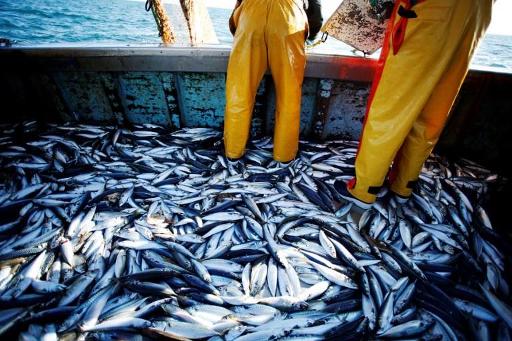The European Union reached its "fish dependency day" this Tuesday. That meant that the continent had, in theory, consumed all its fish resources for 2019 and depended on importations to meet demand, the WWF stated on the basis of a report made by the New Economics Foundation.
A European citizen eats an average of 22.7 kilos of fish each year, the WWF (NGO) explained, which was much more than what was caught annually in the territorial waters of European countries and what was produced by fish farming. For this reason, nearly half the fish consumed in Europe was imported from a non-member state.
"Fish dependency day" however varied considerably among EU countries. Those farthest from the sea were those who were the most reliant on imports. Belgium, with its small fishing fleet, was only 14% self-sufficient. Its dependency day had already fallen on February 22. On the other hand, Estonia, Ireland, Croatia and the Netherlands were self-sufficient.
The WWF called for greater efforts to be made in the fight against over-fishing in order to replenish fish stocks, which in turn would increase the EU's self-sufficiency. It also reminded consumers to choose only fish caught in sustainable fisheries. A guide devoted to sea-food produce is available at: https://fr.fishguide.be
The Brussels Times

